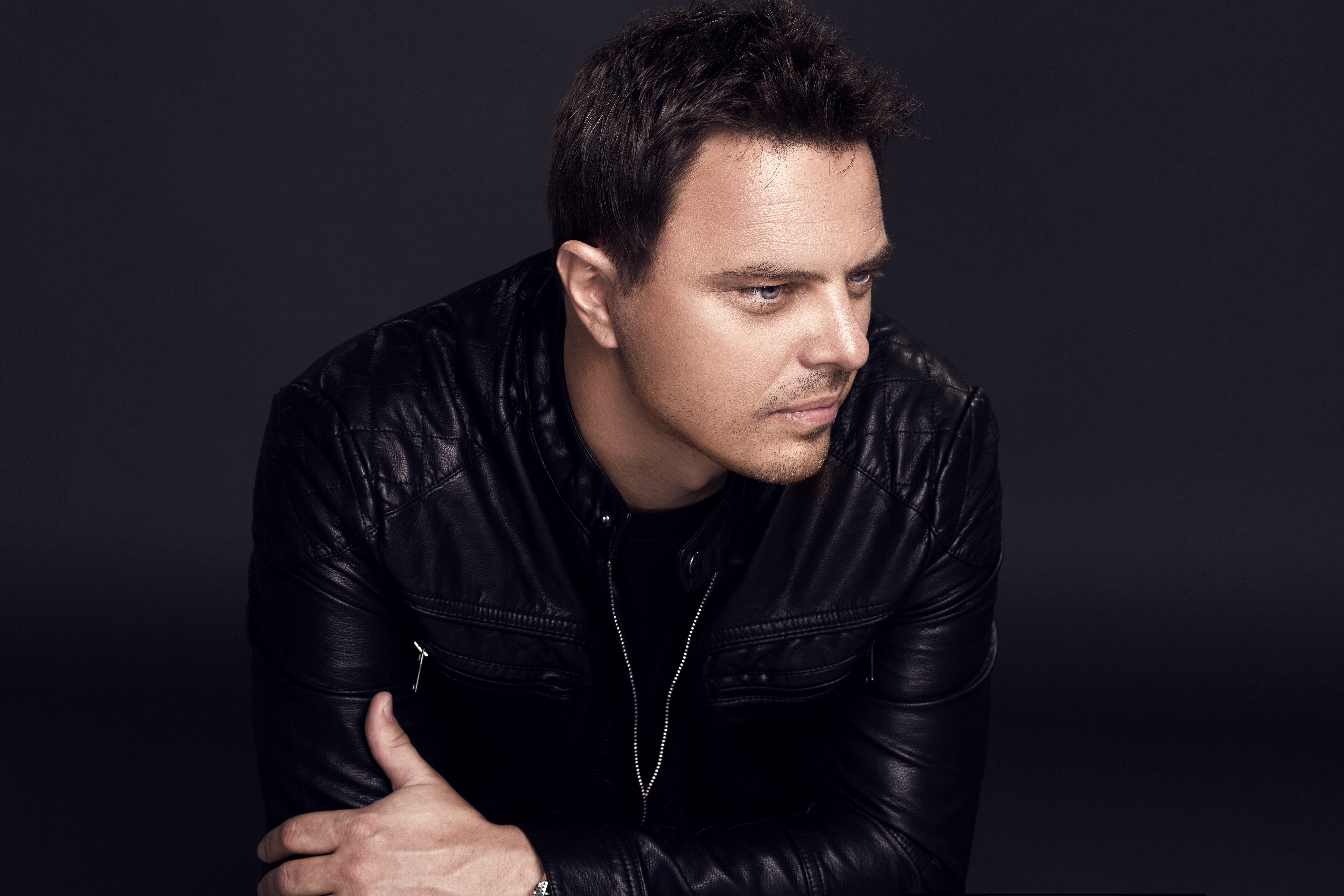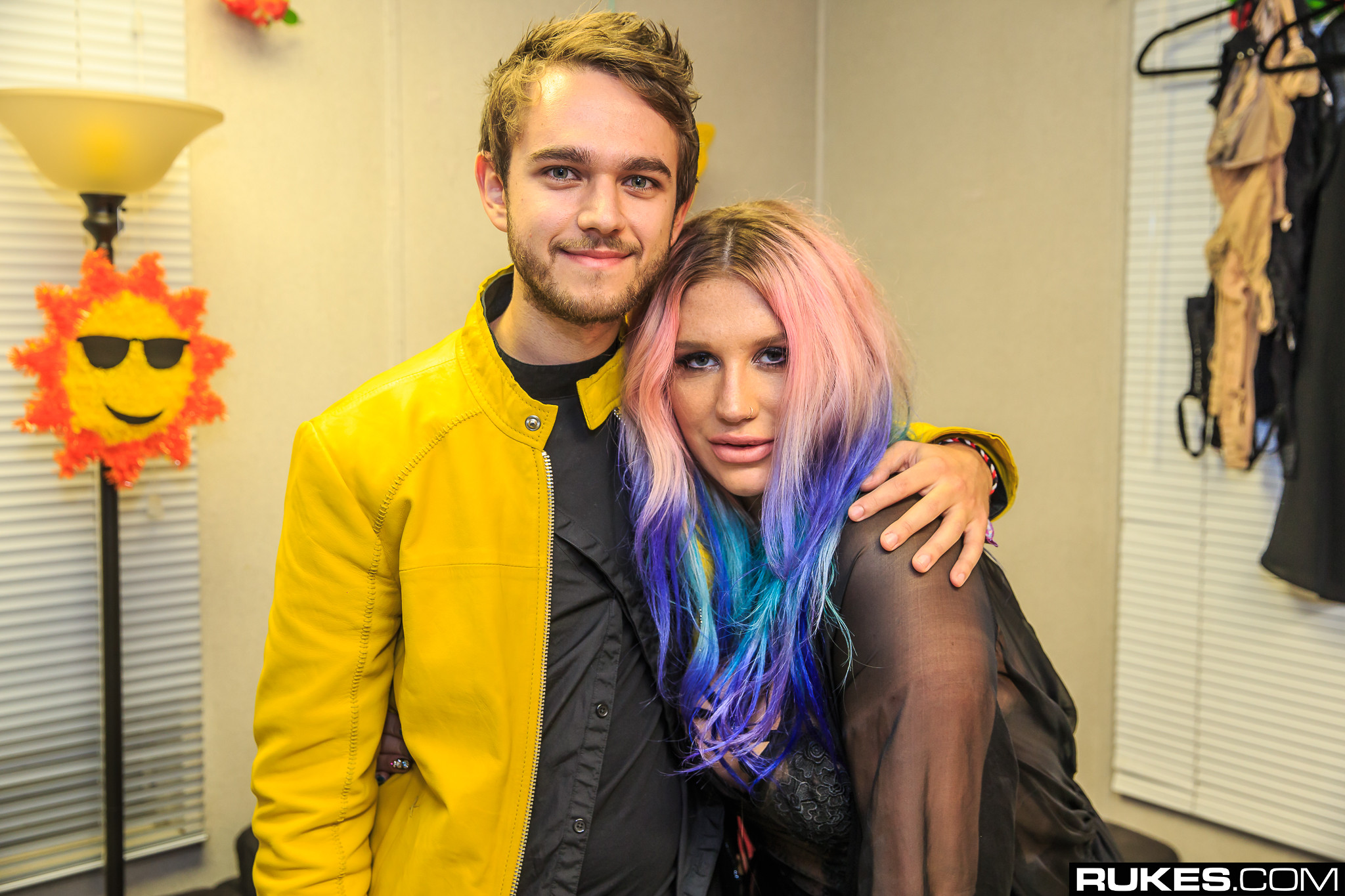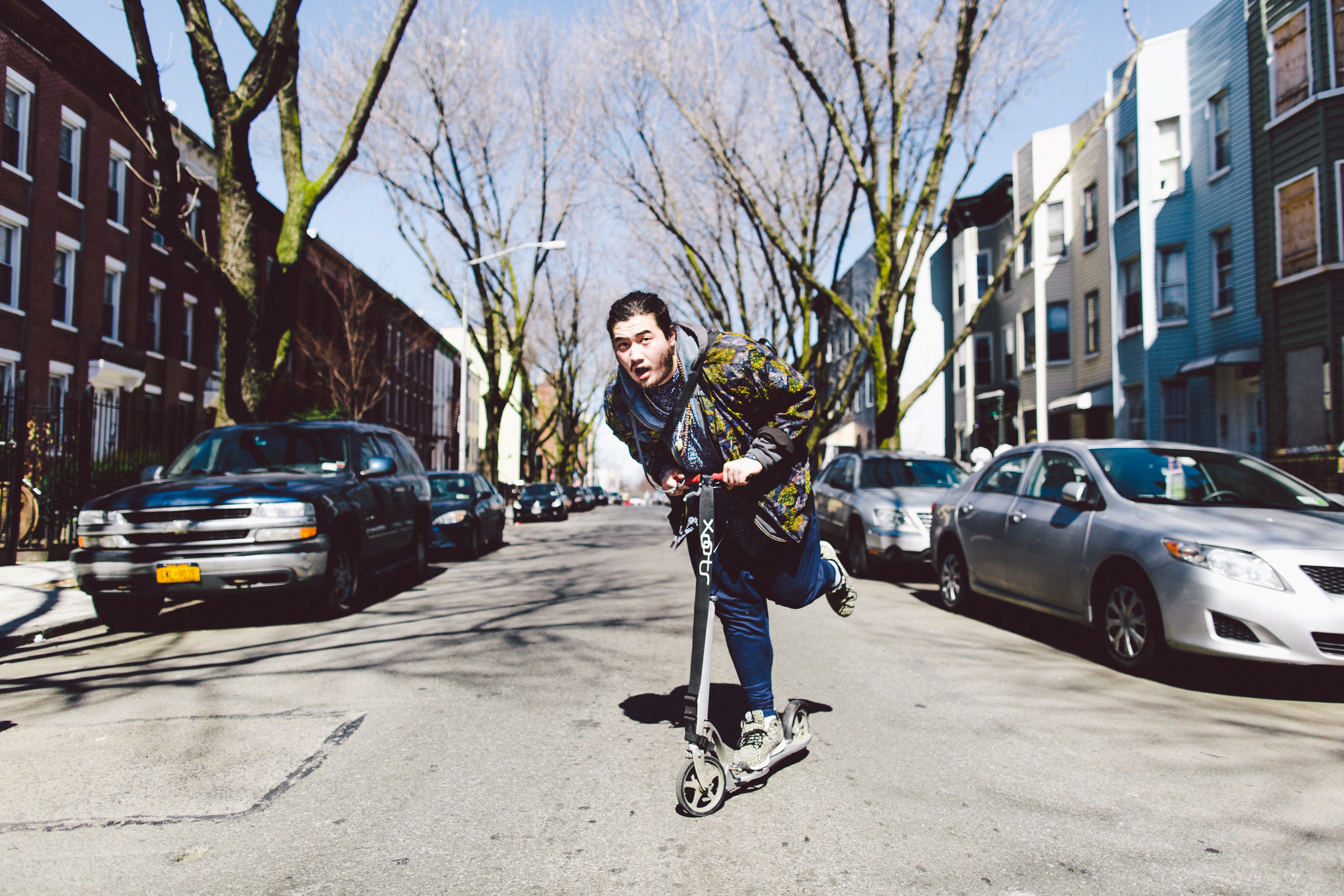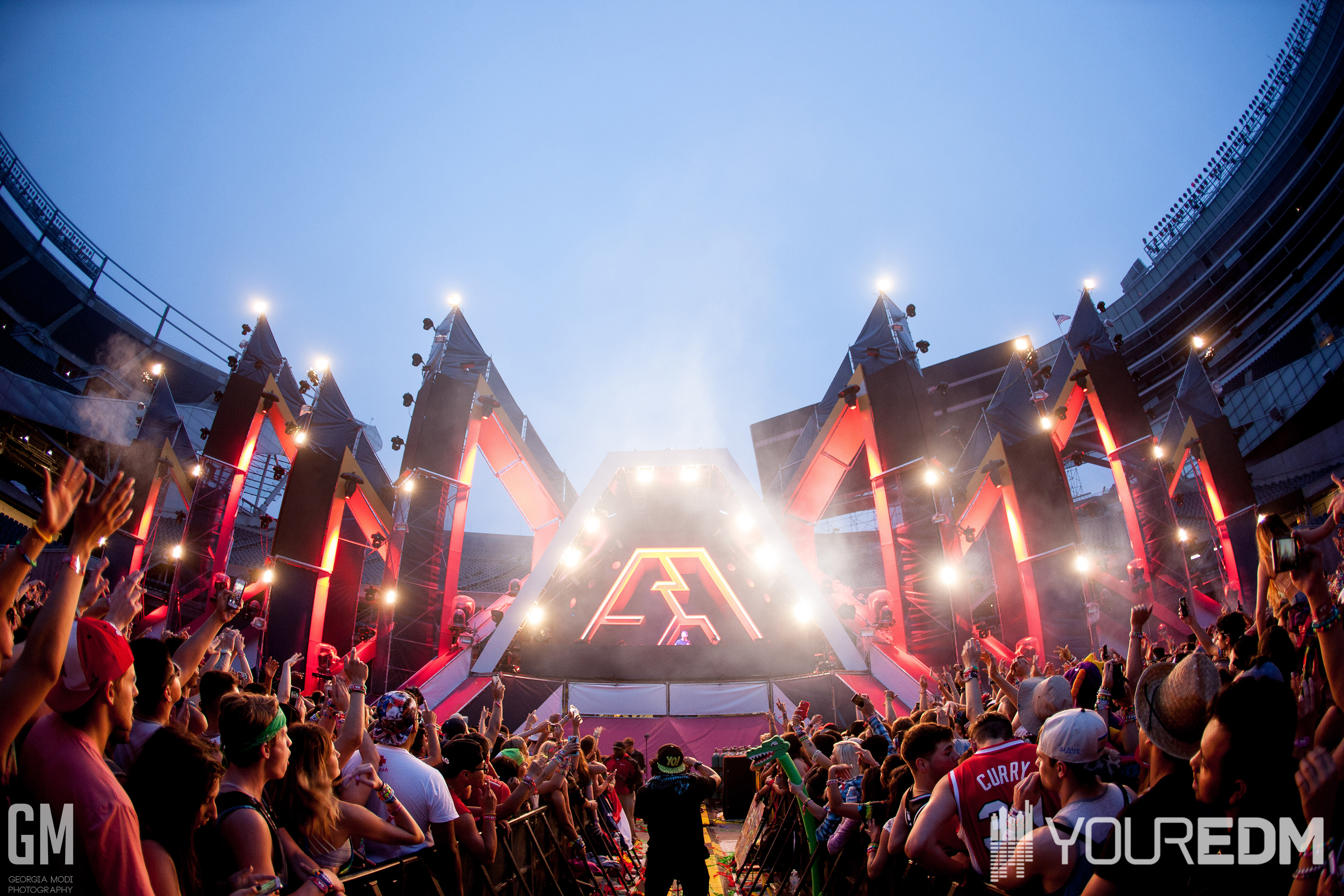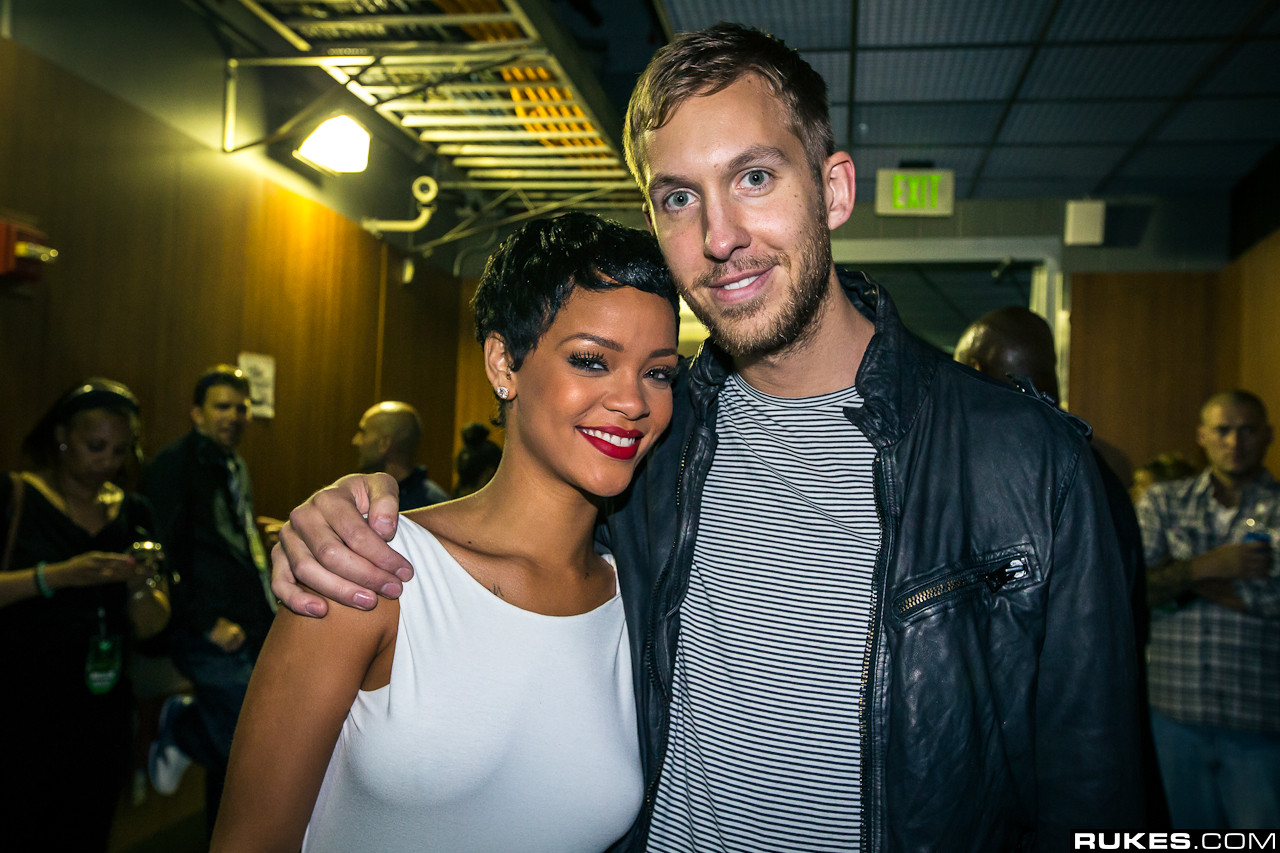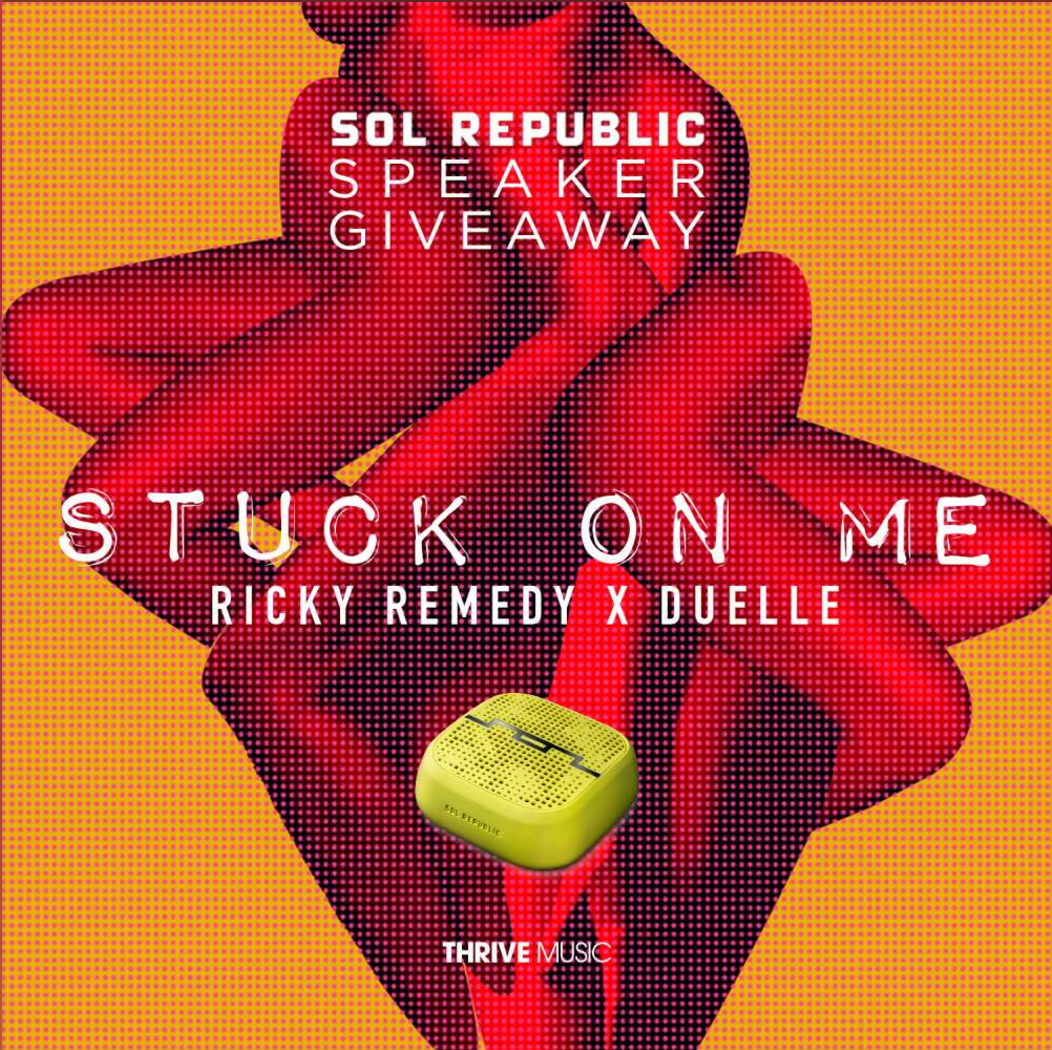Markus Schulz, a true pioneer of the trance genre, is set release his sixth forthcoming album April 29. Entitled Watch The World, the 17-track artist compilation is the result of a two-year project, featuring an arrangement of vocal tunes and instrumental anthems. Top hits “Destiny” and “Facedown” anchor the well-rounded catalogue of tracks, with the album containing a long list of impressive vocalists, including the likes of Delacey, Adina Butar and Lady V among others.
To celebrate the arrival of his long anticipated album, Schulz will host a string of intimate album release shows spanning across North America. This five-stop tour will kick off at the famous Exchange nightclub in Los Angeles April 29, before heading north to San Francisco’s Audio the following night. Other scheduled stops include Washington, Miami and New York. For more information about these upcoming shows, go to Markus Schulz’s official website HERE.
In anticipation of this monumental release, we got the chance to catch up with Markus and ask him a few questions about his upcoming album. You can read his full-length answers below.
Approximately how long did it take you to create Watch the World from start to finish?
It was two years; beginning almost immediately after the last album (Scream 2) was released, and wrapping up in the first week of March this year. I wrote over 40 songs for the project, eventually whittling the final tracklist down to 17.
The album was created and recorded in various locations – mainly at the Coldharbour Studios in Miami, but also various writing camps and sessions in Los Angeles, Bucharest, London and Berlin.
Did your vision for the album change at all during the course of its creation?
At the outset, I spent some time reflecting and evaluating after the release of Scream 2; pondering where I wanted to go in the future. When you’re younger, there’s nothing more trilling than playing around with equalisers and sounds, but I was at a point where I wanted to find a spark beyond the music itself.
So I sought out my roots, and that led me to songwriting, where everything begins with a pen and a blank piece of paper. At school, the one thing I enjoyed above everything else was creative writing, and the challenge of songwriting is a real-life throwback to that. When I started producing and going on tour worldwide as a DJ, I began to drift away from creative writing, and that’s natural because so much of your time is spent playing around in sounds and software. But to take that step back into writing was therapeutic.
The first results of my songwriting yielded Destiny, featuring the incredible vocals of Delacey, and honestly, I cannot believe just how deeply that track has resonated and attached to people so personally around the world. They feel so passionate about my words and my story about something so important going on in my life.
Because the response to Destiny was so positive, it provided me the confidence to continue with this songwriting path, and therefore make it the key component of the album.
What was the most difficult part about producing a new album? How did you overcome it?
Albums are an incredibly stressful process, because even though primarily I am identified as a DJ, your legacy and career milestones are largely defined by those particular projects. So the pressure to deliver something memorable, not only from people around you, but also putting yourself through it yourself, is quite testing.
With Destiny for example, when I got the rough version going and it was resonating so well with the live audience, despite none of them having any idea what it was, it encouraged me to spend day after day tweaking little elements of the music. My mindset was, I want people to be able to pick this track up in 10 years and either find something incredible as a discovery, or generate life-changing memories. There were probably as much as thirty different increments to the Destiny track between first and last version.
Another difficult aspect was choosing the tracks I felt should make the cut to appear on the album itself. As I mentioned, I wrote 40 songs, so you can imagine having to let go of over half that amount was challenging. There are some of those remaining tracks, which I am going to revisit with a fresh mind and finish at a later date.
You know, nobody is perfect at doing this and nails it first time every time. You do have days of writers block or creative block and sometimes you have to take a step away, close the session and work on something else for a little bit, and come back with a different approach when the mindset is right. When you see the album coming to fruition, seeing the artwork and holding the physical CD in your hands, you realize it is all worth it.
What is the inspiration behind the name of the title?
The decision for that came quite late in the album process, when I had a relatively strong idea of how the tracklist would shape up. And in analysing the track names, I had to determine which would best paint an overall portrait of what the album is about.
From that perspective, the words “Watch the World” took on greater meaning. When you think about it, how many stories are being developed and shared in various locations around the globe on a daily basis? And with the album being built around songs based on life stories, it became the most appropriate and poignant slogan to use.
How does the cosmic-inspired album cover reflect the tracks?
You’d be surprised at how often people have asked me about this so far!
The logo is inspired by the James Webb Space Telescope, the most powerful telescope in the world. I imagined envisioning being located in space and through this vision, you can “Watch the World”, so to speak. So the cover’s emphasis is very much on the album title.
And I guess it’s kinda cool that you have six hexagons on the cover, which can act as a symbol for the sixth Markus Schulz artist album.
Is there an overarching theme or message you are trying to convey through your album?
Yes. The main goal I wanted to achieve with Watch the World was to write meaningful words; words which as a community have meaning and connect us worldwide. It wasn’t just the melodies and beats that I wanted to make, it was the words and messages that hopefully people will remember long beyond the release of the album.
For instance, some of my followers may know there is a support group run by the fans called the Schulz Army. And one of the songs on Watch the World is specifically dedicated to them, called Soldier. The people who are part of this group are dedicating their time each and every day towards supporting me. They are effectively the foot soldiers who are helping spread the word of what I am about and represent, and I am eternally grateful for all they do.
With this album, it feels like I am sharing my personal stories and life happenings through the words more than ever before. So my hope is that it’s something that the fans can attach to.
Why did you decide to play in more intimate venues for your release tour?
That was actually a deliberate decision on my part. The backbone of the entire is the stories within the songs, leading to strong binds within the community. So for the first portion of the US tour, I picked cities which have a deep resonance throughout my career. They are all cities – Los Angeles, San Francisco, Washington DC, Miami and New York – which have been popular destinations for multiple Global DJ Broadcast World Tour recordings over the years.
Rather than “Markus is here putting on a show and we’re here to see him”, I want it to feel like “we’re all together at this incredible party and Markus is part of it”.
How do you expect fans to react when they hear the full album? Do you think they will be surprised by anything in particular?
There probably will be an element of surprise by some, because it’s the most vocally driven artist album of mine to date. But what I have learned throughout this songwriting process is that if you have a song which sounds great simply with words and a guitar, then it will sound great with whatever music you decide to surround it with.
As with any album I am nervous with the expectations, yet in a way I feel excited about how everyone is going to resonate with this particular chapter of my life and career. So many have continued to be by my side all the way, and as they have shown with personally driven pieces such as Destiny and Facedown, it is a journey they wish to continue with me into the future.
The key difference I think with Watch the World, compared to the Scream albums for instance, is that it’s much more garnered for a one-to-one listening experience, where it’s me and you hanging out, and I have written some stories I want you to not just listen to, but absorb and see if you connect with the feeling trying to be conveyed.
